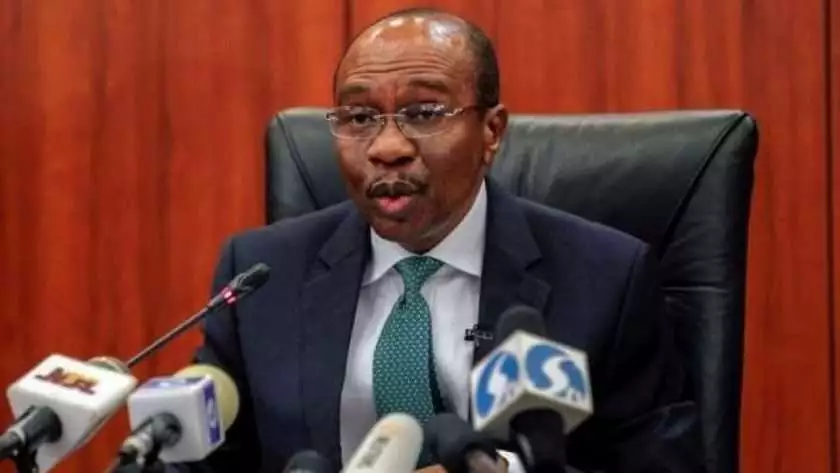The central Bank of Nigeria, CBN has set off a last ditch effort to rescue commercial banks in the country from chronic bank loan defaulters.
Known as the Global Standing Instruction, GSI, the CBN said the instrument will reset the culture of loan repayment in the country.
The CBN after consultation with commercial banks in the country, last year came up with the instrument, targeted at dealing with the problems of Non-performing Loans, NPL
Billions of unpaid loans have grounded many banks while others are hindered from making more loans available to needy customers.
But if feelers coming from the CBN is anything to go by this problems will soon become a thing of the past.
Beginning from August 1, any customer seeking to obtain a loan from any bank in the country will be required to sign a credit risk document which will gives the creditor bank access to all his/her accounts in other banks through his Bank Verification Number, BVN.
In case of any loan default the customer will automatically forfeit whatever money he/she has in other bank(s) to clear his loan(s).
According to a circular recently released by the apex bank to all money commercial banks in the country, tagged Operational Guidelines On Global Standing Instruction-Individual, the Godwin Emefiele led CBN said the decision was borne out of dealing with chronic loan defaulters and reduce non-performing loans in the banking industry.
The CBN said the GSI guidelines give banks the power to debit loan and accrued interest due from bank accounts of loan defaulters across the Nigerian banking system and will be managed by the NIBSS on behalf of banks using customers Bank Verification Numbers, BVN.
The CBN in the circular, signed by the Director, Financial Policy and Regulation Department, CBN said the GSI will stand as surety for loan obtained by any customer.
It reads “The Bankers’ Committee, at its meeting on February 18, 2020, approved the go-live on the Global Standing Instruction, which aimed at facilitating an improved credit repayment culture; reducing non-performing loans in the Nigerian banking system; and watch-listing consistent loan defaulters.”
The banks would review and validate the GSI mandate instrument prior to loan disbursement. They would indemnify the Nigeria Inter-Bank Settlement System and other participating financial institutions from all liabilities that may arise from inappropriate use of the GSI infrastructure.”
The CBN stated that the process is very transparent and that the GSI mandate will be executed by the participating financial institutions alongside NIBSS.
The banks CBN said “ must also ensure all qualifying accounts were properly maintained and visible to NIBSS on the industry customer accounts database or by any other service created or provisioned for this purpose.”
The guidelines stated that they must “ensure that accounts in NIBSS’ ICAD are correctly tagged with correct Bank Verification Number, and ensure and maintain connectivity to the Nigeria Central Switch.
How does the GSI work? Intending borrowers are expected to sign a GSI mandate in hard copy or digital form alongside other documents, indicating their BVN which are made available to the bank providing the loan.
This way, the lending bank can have access to all accounts operated by the borrower, and in case of any default, whatever money he/she has in other banks will be forfeited immediately.
Apart from this, any proceeds in other accounts jointly managed by the debtor will be used to pay the debt. And this includes those of children, wife, friends and others that carry the defaulter’s BVN.
Meanwhile, some watchers in the sector has welcome the measure, insisting that it will facilitate loan repayment culture as well as provide security against loan defaulters.
Others say the GSI will curtail excessive loan advances by banks to customers, particularly habitual loan defaulters.
According to the Nigeria Bureau of Statistics, NBS Non-Performing Loans, NPL currently stands at N1.05 trillion.
These include individual and corporate loans.
Discover more from The Source
Subscribe to get the latest posts sent to your email.








